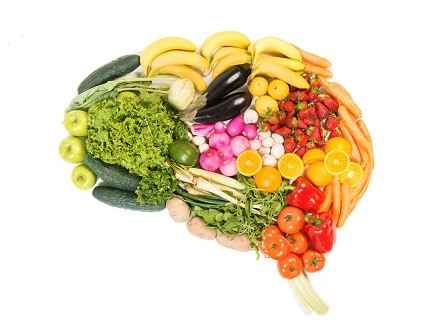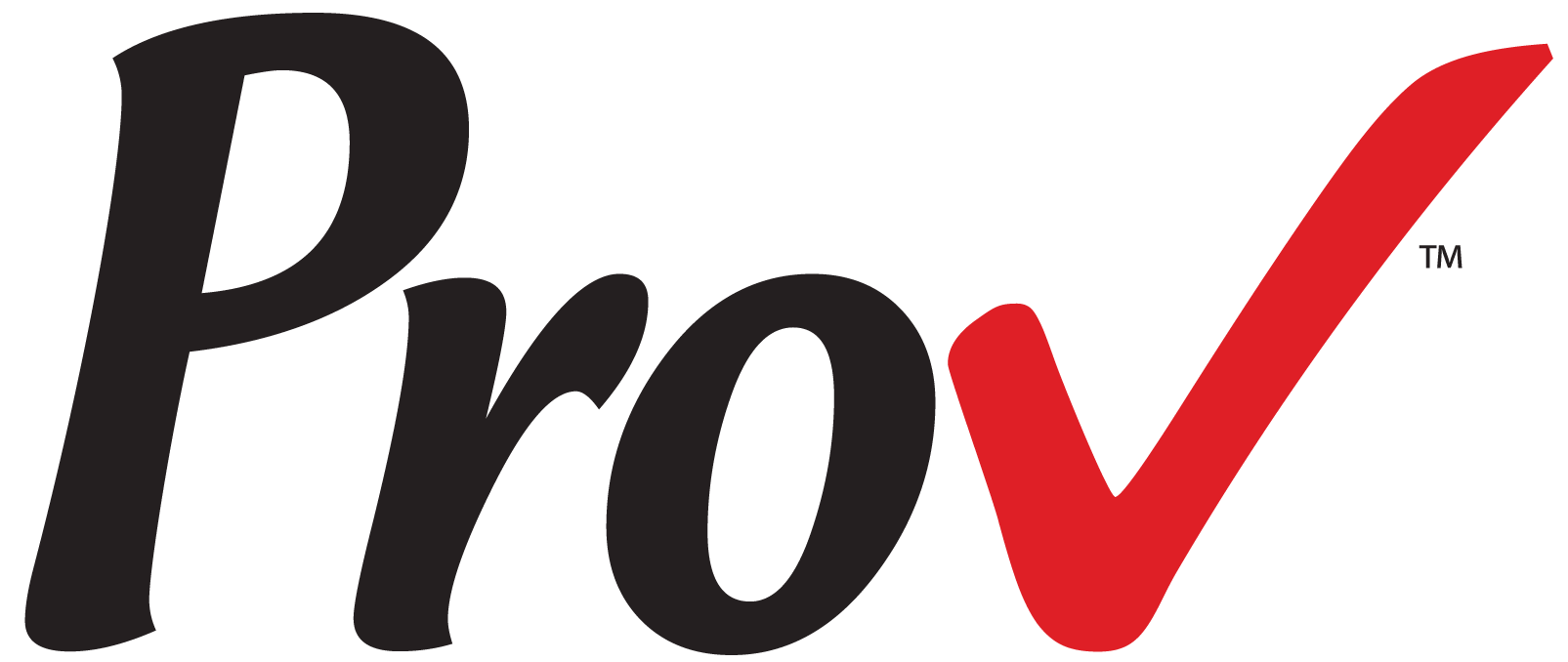A LITTLE FOOD FOR THOUGHT

You Are What You Eat (And So Is Your Brain)
We all know that eating well is good for your health, but did you also know that it’s good for your ability to learn and remember?
According to research published in the Frontiers of Behavioral Neuroscience, a healthy diet can benefit your brain as well as your body. Studies conducted by Amy C. Reichelt, R. Fred Westbrook, and Margaret J. Morris examined the effects of diet on learning, memory, and cognition. Their research shows a definite link between the way we eat and our ability to process information.
Science vs. Unhealthy Diets
Scientists have long known that the diet consumed in America is higher in fat and processed sugar. Too much of these foods in our diet is associated not only with obesity-related problems but also with reduced cognitive function, cognitive decline, and even dementia. While high-fat and high-sugar foods are rewarding to our brains, an excess of these treats can lead to alterations in brain regions involved with learning and memory. Additionally, the more we eat these types of foods, the more our brain craves them. This is especially true in the immature brains of children.
The areas of the brain that seem to be prone to change caused by our unhealthy diet include the hippocampus and prefrontal cortex – the very brain regions that are essential for encoding memories and controlling behavior. Worst of all, the more frequently high-fat, high-sugar meals and treats are consumed, the more our bodies crave that kind of food. It stands to reason that the more a food is craved, the more often it’s consumed. This can lead to a spiral effect that can damage physical health and take away from clear thinking, memory, and information processing.
There Is Hope
So, if our poor diet puts us at risk for developing cognitive impairment, do healthier diets help us improve learning and brain function? They absolutely do! One study in rats showed that just 12 weeks on a healthier diet was enough to create positive changes in memory and behaviors and was especially impactful for juveniles. By moving away from high-fat, high-sugar diets, cognitive abilities improve along with overall physical health.
Healthier Alternatives
What kinds of foods are best for brain health? To start with, lean proteins are what your brain needs to perform at its best. This includes chicken and turkey which are high in protein, choline, and iron which support cognitive function. Leafy, green vegetables such as kale, red leaf lettuce, broccoli and Brussels sprouts are full of amino acids and folate. These help brains alert and reduce long-term risk of atrophy.
Citrus is another great brain food. Oranges, grapefruits, and other citrus fruits are high in antioxidants which can improve blood flow to the brain. Fatty fish such as salmon or canned light tuna are high in omega-three fatty acids which can help protect memory and reduce inflammation. Eggs are high in choline; a nutrient shown to bolster brain function and helps improve communication between brain cells. Nuts, especially walnuts, contain ALA omega-three fatty acids which are known to improve brain function.
Berries contain compounds that are being shown to help improve signaling pathways in the brain, improve neuron communication, and increase neuroplasticity – the brain’s ability to adapt to change. And throw in some raisins. They contain boron, which is critical to proper brain function, improving concentration, sharpening memory, and improving hand/eye coordination.
Prevention Magazine has a list of additional brain-healthy foods that you might enjoy. By switching to a healthier diet, not only will you positively influence your brain health, but you’ll feel better and have more energy throughout the day. Remember, it’s important to check with your physician before starting any kind of diet, so don’t just take our word for it. Make sure you’re in your best shape to move into this next phase of your career.
As always, we wish you the best of luck!

